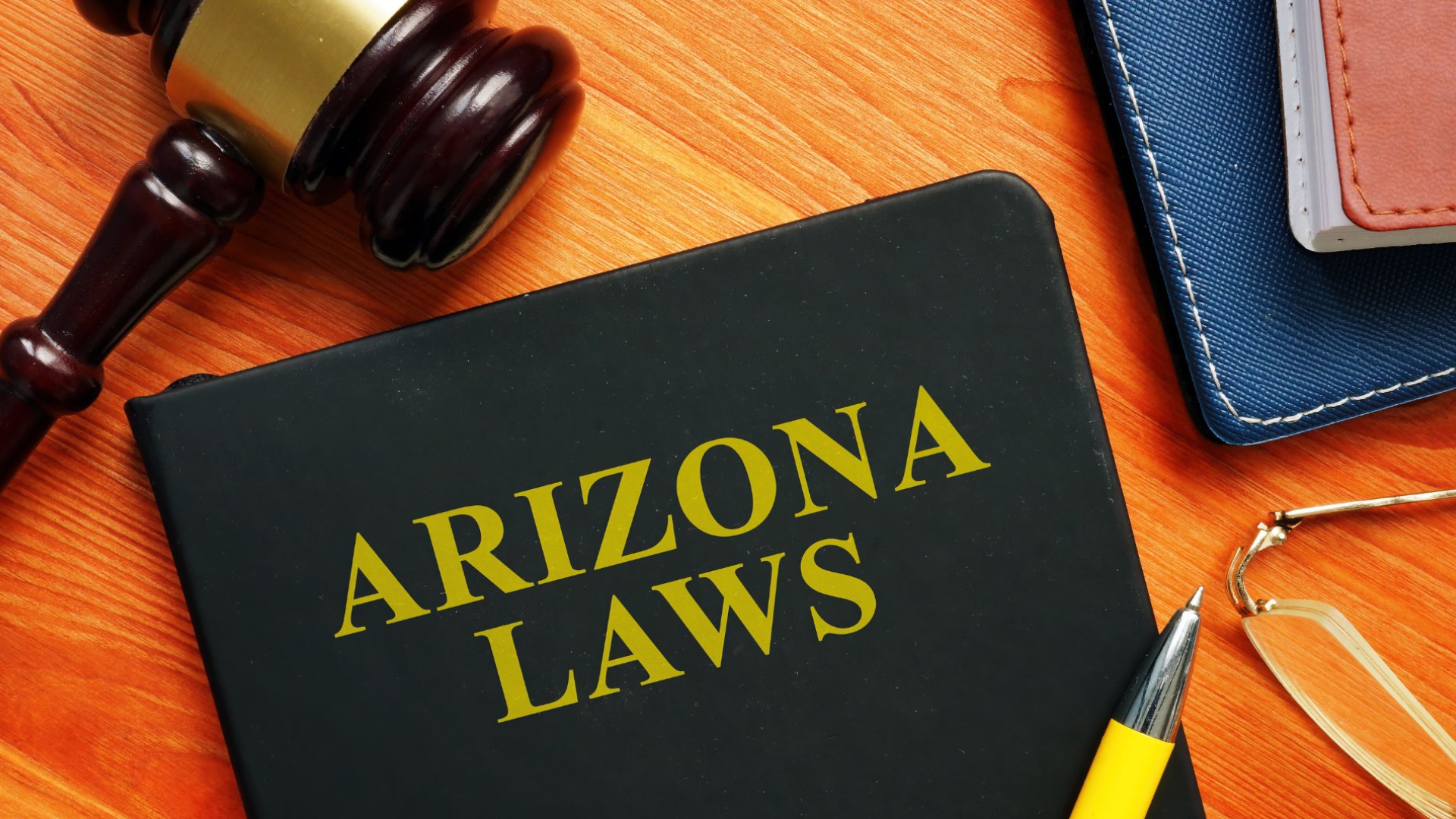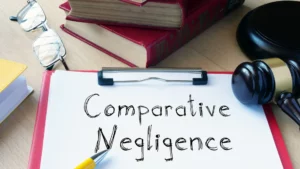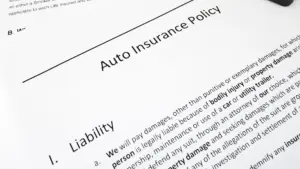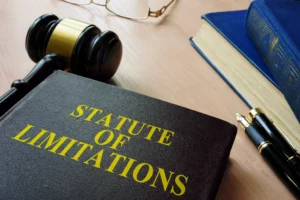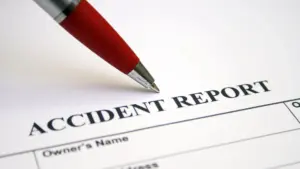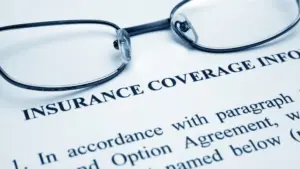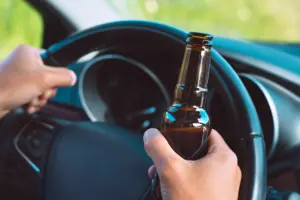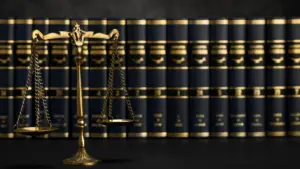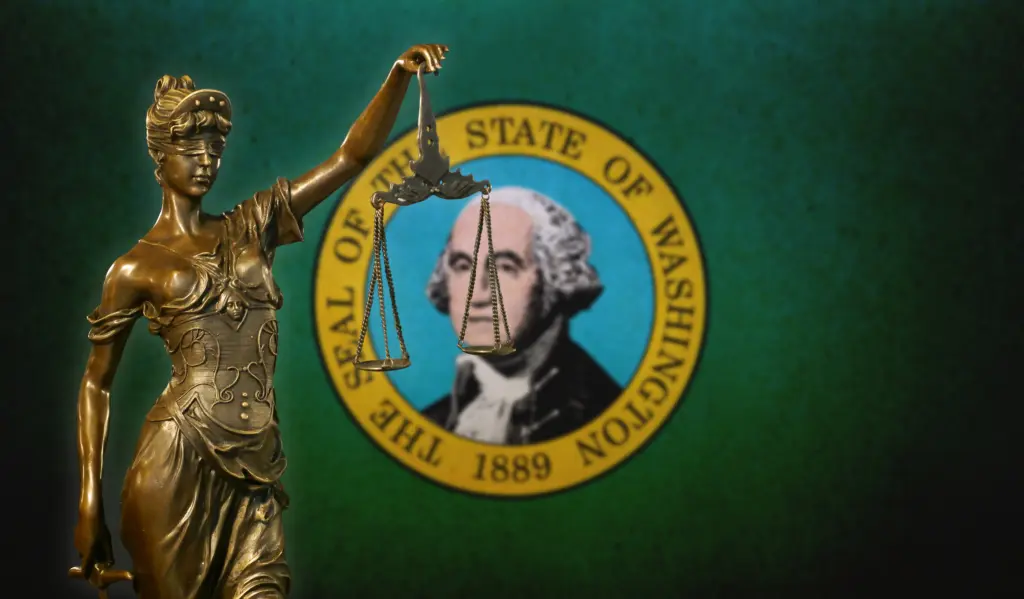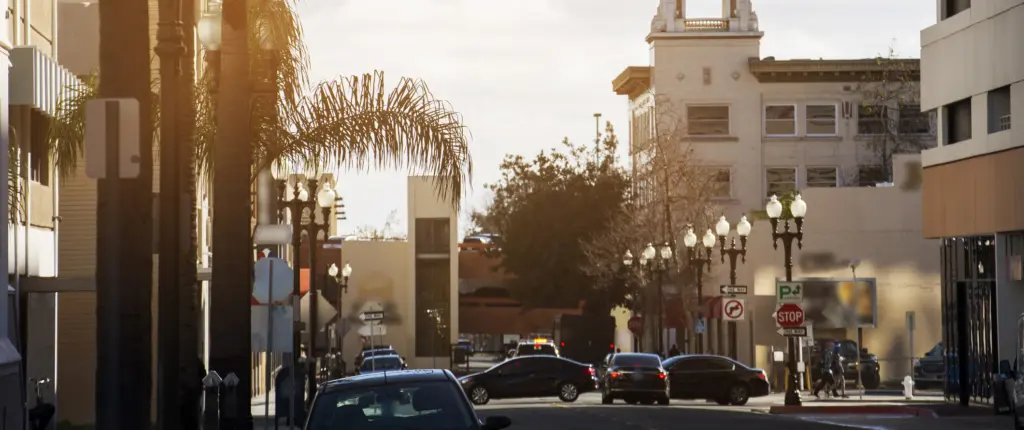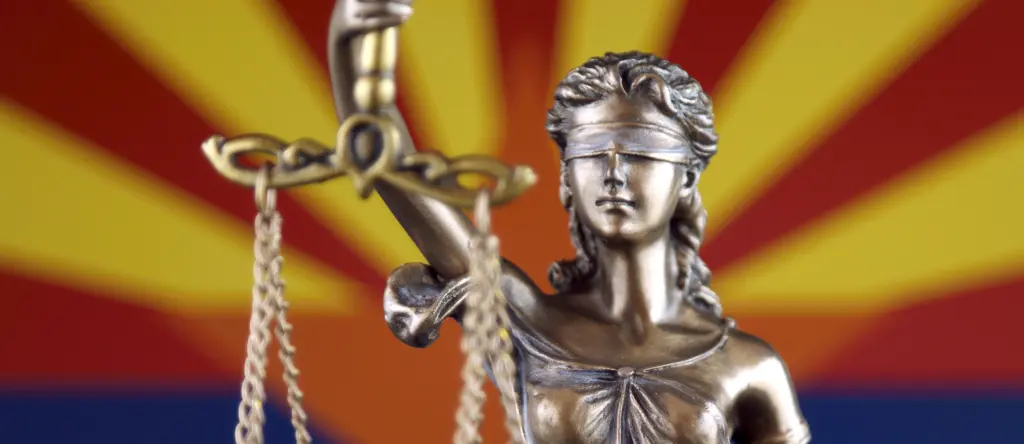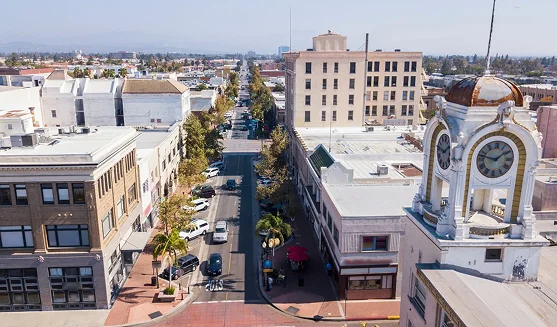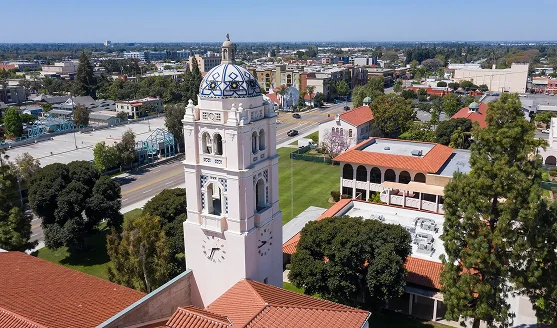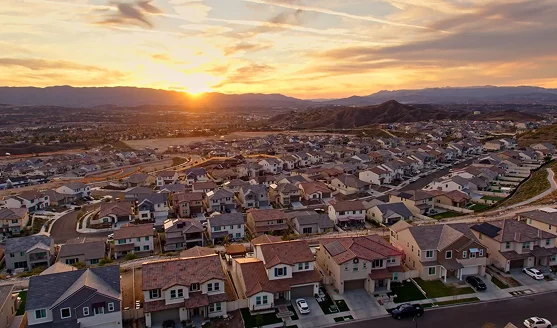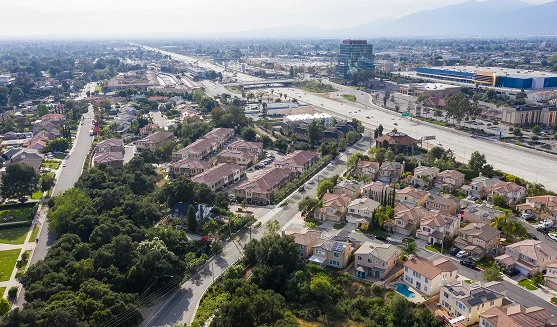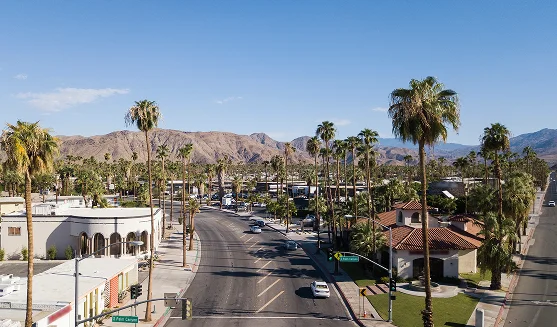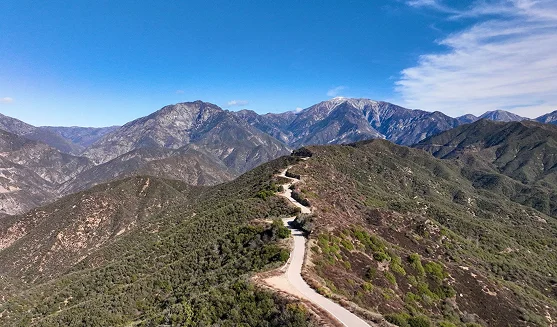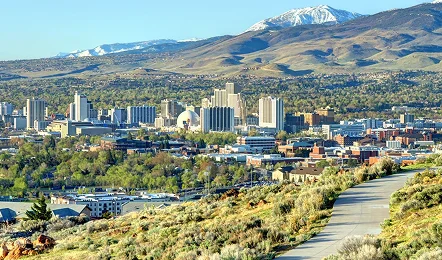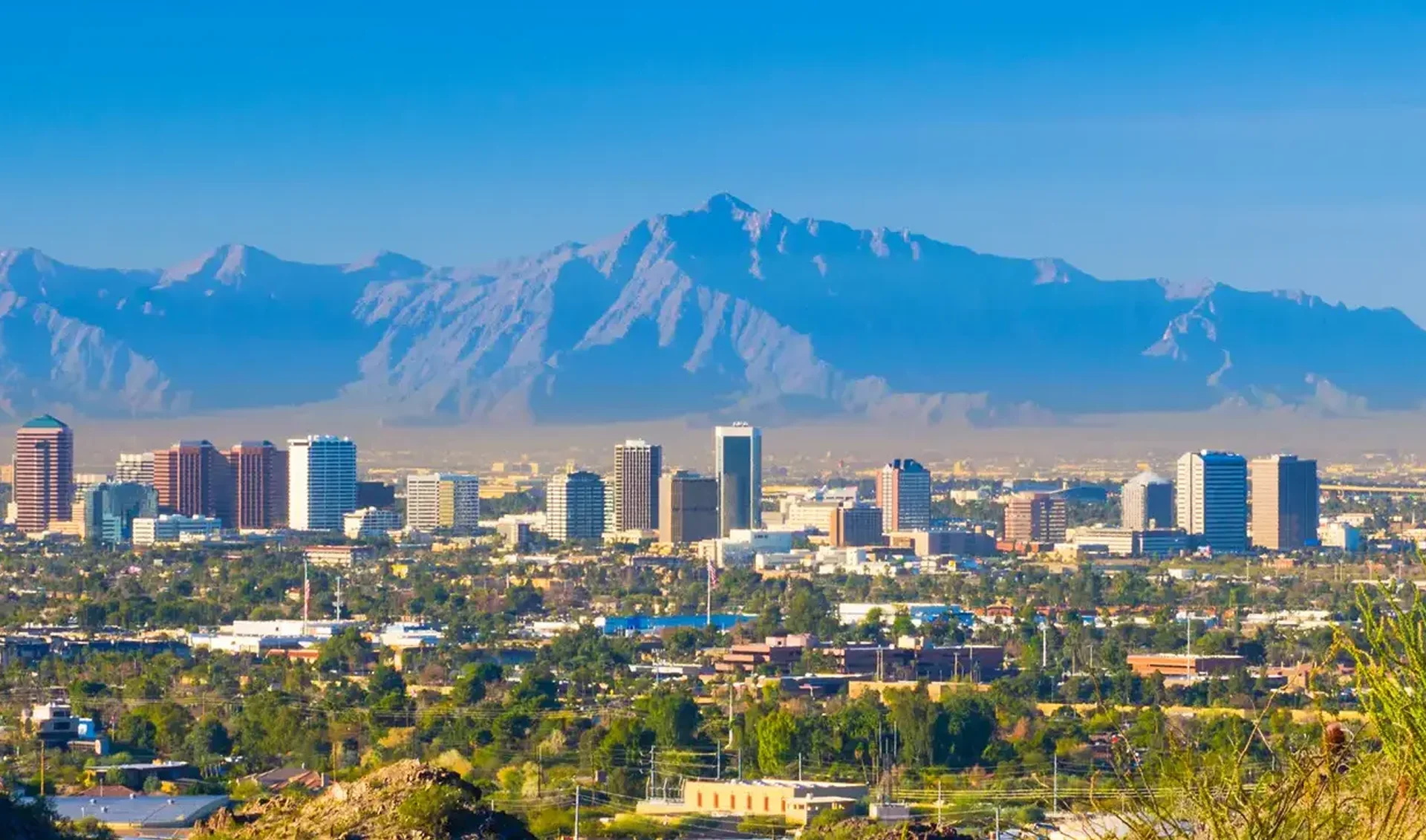Car accidents happen when we least expect them and understanding Arizona’s car accident laws can make the difference between protecting your rights or losing your chance at compensation. Whether you’re driving through downtown Tucson or navigating I-10 near Phoenix, knowing what the law says about fault, insurance, and deadlines can help you act quickly and avoid costly mistakes.
Below are the ten most important Arizona car accident laws every driver should know.
1. Arizona Is a Fault-Based State
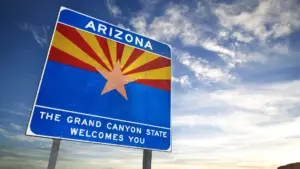
Arizona operates under a fault-based system, meaning the driver who causes the crash is financially responsible for damages. Under this rule, the at-fault driver (or their insurance company) must pay for injuries, vehicle repairs, and other losses.
Unlike no-fault states, Arizona allows victims to pursue compensation directly from the at-fault driver’s insurer or file a lawsuit if negotiations fail. However, proving fault is essential. Police reports, witness statements, and photographic evidence become critical in building your case.
For detailed information on filing accident reports and claims, you can refer to the Arizona Department of Transportation (ADOT).
2. Arizona’s Comparative Negligence Rule
Arizona follows pure comparative negligence, outlined in A.R.S. §12-2505. This means you can still recover compensation even if you were partially at fault for the accident. Your recovery, however, is reduced by your percentage of fault.
For example, if your total damages equal $50,000 but you’re found 20% at fault, your payout would be $40,000.
This rule ensures that drivers aren’t completely barred from recovery unless they were entirely responsible for the collision. Insurance adjusters often exploit this law to minimize payouts, which is why documenting the scene and obtaining legal representation early can be crucial.
3. Mandatory Auto Insurance Requirements
Under A.R.S. §28-4009, all Arizona drivers must carry minimum liability insurance. The required minimums are:
- $25,000 for bodily injury per person
- $50,000 for bodily injury per accident
- $15,000 for property damage
Driving without insurance can result in severe penalties, including license suspension, fines, and vehicle impoundment.
While these are the state’s minimum requirements, they rarely cover serious accidents. Many drivers choose to carry higher coverage limits or additional policies like uninsured/underinsured motorist (UM/UIM) protection.
4. Statute of Limitations for Car Accident Claims
Time is critical after a crash. Under A.R.S. §12-542, you generally have two years from the date of the accident to file a personal injury or property damage lawsuit.
If the at-fault vehicle belongs to a city, county, or state agency, you have just 180 days to file a Notice of Claim under A.R.S. §12-821.01, a strict and often misunderstood rule that can end your claim before it begins.
Missing these deadlines means forfeiting your right to compensation, regardless of how strong your evidence is.
5. Reporting an Accident to Authorities
Arizona law (A.R.S. §28-667) requires you to report an accident immediately if it results in injury, death, or property damage exceeding $1,000.
If law enforcement responds to the scene, they will complete a crash report for the Arizona Department of Transportation. When police do not respond, you may be required to file your own report through ADOT.
Failing to report can lead to penalties and complications with insurance claims. It’s always safer to document the accident and contact law enforcement even if the damage seems minor.
6. Hit-and-Run (Failure to Stop) Laws
Leaving the scene of an accident is a serious offense in Arizona. Under A.R.S. §28-661, drivers involved in collisions that result in injury or death must:
- Stop immediately at the scene.
- Provide identification and insurance information.
- Render reasonable assistance to anyone injured.
Violating these requirements can result in felony charges, license revocation, and possible imprisonment.
If you’re a hit-and-run victim, report the incident to local police or the Arizona Department of Public Safety (DPS) as soon as possible. Even if the other driver is never found, your uninsured motorist coverage may still provide relief.
7. Uninsured and Underinsured Motorist Coverage
Although Arizona doesn’t require UM/UIM coverage, it’s highly recommended. These optional policies protect you when the at-fault driver lacks sufficient insurance or flees the scene.
Under A.R.S. §20-259.01, insurers must offer UM and UIM coverage when you purchase an auto policy, though you can reject it in writing.
This coverage can be a financial lifesaver, especially in a state where thousands of drivers operate uninsured. Adding UM/UIM protection ensures you won’t be left paying medical bills or repair costs caused by someone else’s negligence.
8. Distracted Driving and Cell Phone Laws
Arizona enforces a statewide hands-free law under A.R.S. §28-914, which prohibits drivers from:
- Holding a cellphone while driving
- Texting, browsing, or recording video while behind the wheel
First-time violations carry fines up to $149, while repeat offenses can reach $250.
If a driver causes an accident while violating the hands-free law, that evidence can be used to establish negligence. Distracted driving is one of the most common contributors to collisions in Arizona, and courts take it seriously.
9. Driving Under the Influence (DUI)
Under A.R.S. §28-1381, it’s illegal to operate a vehicle while impaired by alcohol, drugs, or any substance that affects your ability to drive safely.
The legal blood alcohol concentration (BAC) limit is 0.08%, but for commercial drivers, it drops to 0.04%. Arizona also classifies “Extreme DUI” for BAC levels of 0.15% or higher, which carries mandatory jail time, higher fines, and license suspension.
Drunk or drugged driving that causes an accident exposes the driver to criminal penalties and civil liability. In some cases, victims can pursue punitive damages to punish reckless behavior.
10. Medical Attention and Documentation After a Crash
Even minor collisions can cause delayed injuries like whiplash, concussions, or internal damage. Seeking immediate medical attention is both a health and legal necessity.
Medical records:
- Provide proof that your injuries were caused by the crash.
- Help calculate fair compensation for medical expenses and pain and suffering.
- Prevent insurers from arguing that your injuries were unrelated or pre-existing.
Failing to get prompt treatment can significantly weaken your case. Always keep copies of hospital bills, prescriptions, and follow-up evaluations.
Why Police Reports and Evidence Matter
Police reports are often key pieces of evidence in Arizona car accident cases. They include objective details like weather, witness names, and officer opinions on fault. While a police report alone doesn’t determine liability, insurers and courts give it considerable weight.
You can request a certified crash report directly through ADOT’s Records Request portal.
At West Coast Trial Lawyers, we also obtain supplemental materials—like 911 recordings, dashcam footage, and surveillance videos—to build the most accurate timeline of events possible.
Protecting Your Rights Under Arizona Car Accident Laws
Navigating Arizona’s car accident laws is challenging without professional help. The at-fault driver’s insurance company may downplay your injuries, delay payment, or blame you for the collision. Having experienced representation ensures your rights are protected from day one.
Our team at West Coast Trial Lawyers understands how Arizona’s legal system operates—from comparative negligence claims to navigating ADOT requirements. We work directly with clients across the state to recover compensation for:
- Medical expenses and future care
- Lost wages and reduced earning capacity
- Pain and emotional distress
- Property damage and diminished value
You can learn more about our services across Arizona by visiting our Arizona location page.
Let West Coast Trial Lawyers Help You Recover
You don’t need to face insurers or legal deadlines alone. If you were injured in a car accident anywhere in Arizona, West Coast Trial Lawyers is ready to help. Our attorneys have recovered millions for accident victims and are committed to ensuring your recovery is fair and full.
We handle all communication, paperwork, and negotiations while you focus on healing. There are no upfront fees, and you pay nothing unless we win your case.
Take the first step toward getting your life back on track: call us today at (213) 927-3700 or use our online contact form for a free consultation.
